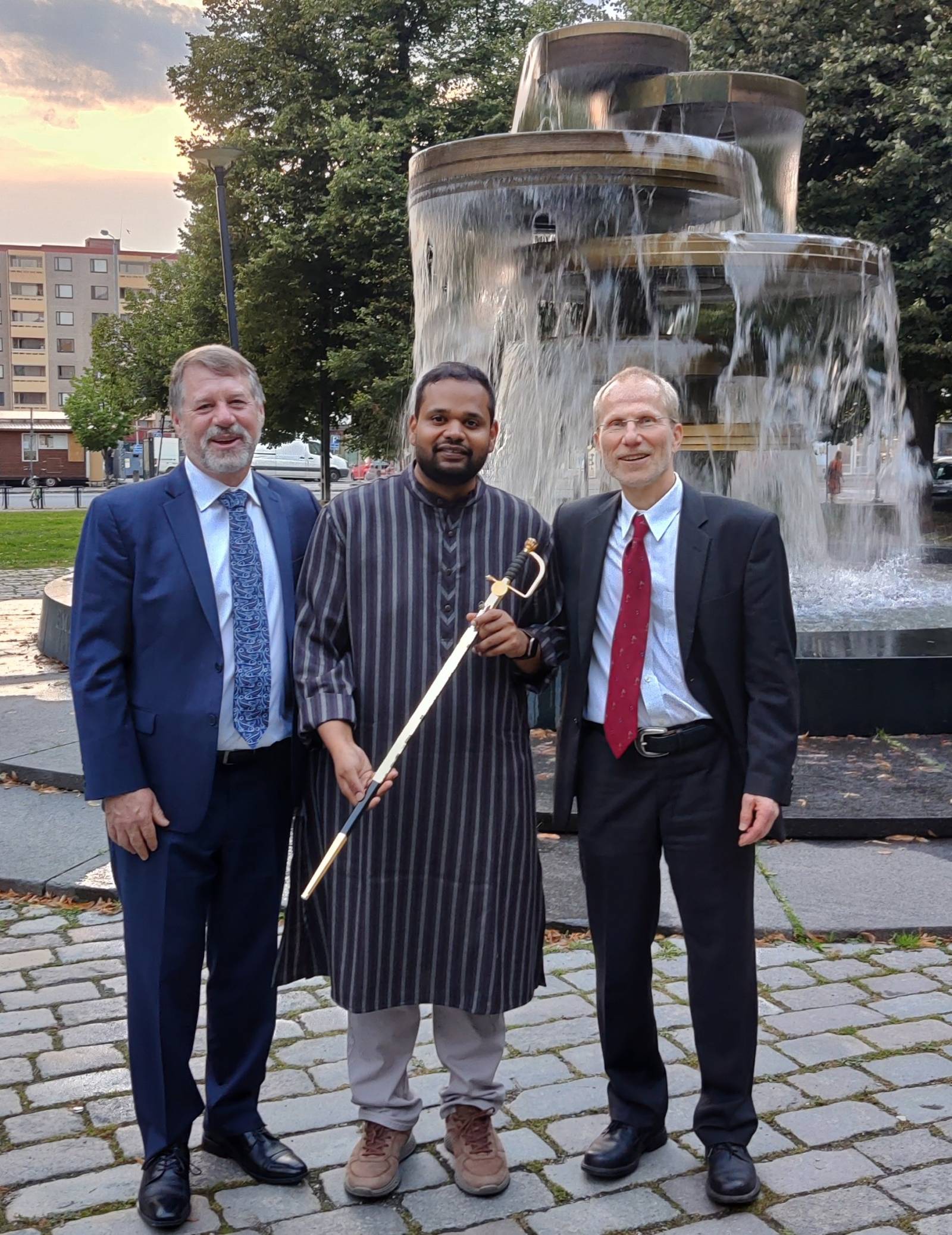In the national study, pooled data from three nationally-representative, district-level household and facility surveys (DLHS, 1998-2008) were analyzed. In the subnational study, the analysis utilized data from household surveys and focus group discussions with parents of young children from rural and disadvantaged communities (nomadic, migrant, and tribal groups) in Vellore district, southern India (2017-2018). Vellore was one of the 600 Indian districts prioritized by the UIP for improved routine immunization services through the Mission Indradhanush campaign in 2014.
Nationally, it was found that female gender, Muslim religion, lower caste, urban residence, lower maternal education, fewer antenatal visits, and non-receipt of maternal tetanus vaccination were associated with lower childhood vaccination uptake. The disparities in vaccine uptake by childhood and parental characteristics call for targeted interventions by the UIP and more in-depth research on the pathways through which these socio-demographic characteristics likely influence parental decision-making about vaccinating their children in India.
The qualitative analysis suggested gaps in awareness of the need for vaccines, acceptance, including fears of vaccines’ side effects, and affordability due to parental time constraints as the main reasons for not receiving recommended vaccines among Indian children in the period from 1998 to 2008. These findings highlight the potential for ongoing health education activities and interventions to improve parental awareness and build trust in childhood vaccines, especially in newly introduced ones.
The household surveys in Vellore revealed that parental familiarity with and receiving information on the vaccination schedule during antenatal visits were associated with higher vaccine uptake among children from rural communities. There is, therefore, a need to continue targeting pregnant women (and their families) with educational interventions to sustain the high coverage of routine childhood vaccinations. However, children with working mothers (daily wage or salaried employment) were significantly less likely to receive all the recommended vaccines in disadvantaged communities, indicating the need to collaboratively schedule immunization sessions based on the availability of parents in these communities.
In conclusion, this dissertation identifies important priority groups for targeted intervention and describes parental perspectives towards routine vaccinations that can inform context-specific interventions to equitably increase childhood vaccination uptake in India. Through an international, multidisciplinary research collaboration, the utility of combining quantitative and qualitative methods to identify and understand the barriers to and facilitators of childhood vaccination was also demonstrated. Additional mixed-methods research is required to assess the drivers of routine childhood vaccination uptake in other Indian settings.
The doctoral dissertation of Master of Science (epidemiology) Mark Francis in the field of epidemiology, titled Vaccination coverage and factors associated with routine childhood vaccination uptake in India, will be publicly examined at the Faculty of Social Sciences of Tampere University at 12 o’clock on Friday, 19 August 2022. The public defence will be held in auditorium F115 of the Arvo building, (address: Arvo Ylpön katu 34, Tampere). The Opponent will be Professor Orin S. Levine from the Bill & Melinda Gates Foundation, Seattle, USA. The Custos will be Professor Pekka Nuorti from Tampere University.
The event can also be viewed via a remote connection.
The dissertation is available online at:
https://urn.fi/URN:ISBN:978-952-03-2437-7

